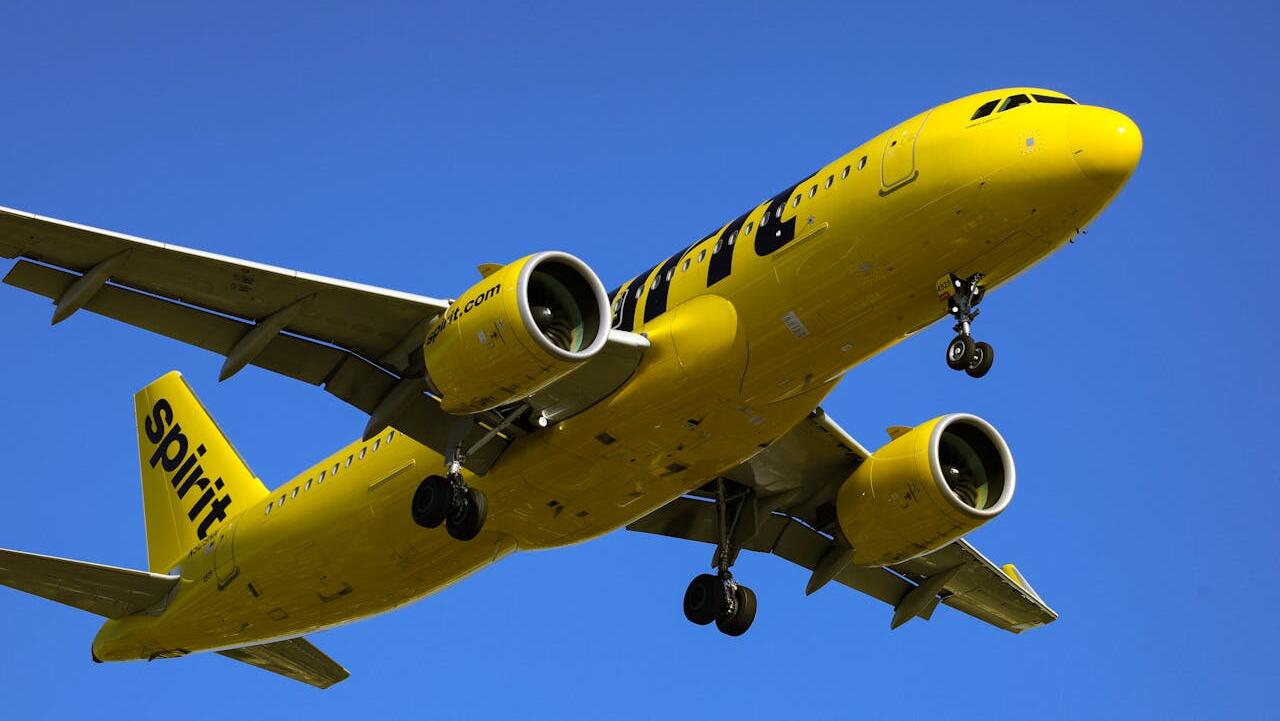Low-fare carrier Spirit Airlines filed for bankruptcy protection in New York on Monday (Tuesday AEDT) amid ballooning debt, a blocked merger with JetBlue and growing demand for premium travel services.
The budget airline has lost US$2.2 billion (A$3.38 billion) in five years and not reported an annual profit since 2019, as the company struggled to pivot following a federal judge blocking its planned $3.8 billion merger with JetBlue Airways in January.
This marks the first time in over a decade that a major U.S. airline has filed for Chapter 11, however, the company has received commitments for a $350 million equity investment from existing bondholders, along with $300 million in debtor-in-possession financing, which Spirit said will support it through the bankruptcy process.
But the no-frills business model has come into question after budget airlines grapple to sustain profitability as consumers show a greater willingness to splurge on travel, driving demand for premium cabins and more high-quality travel options.
During the summer travel period, Spirit bet on premium travel in a bid to turn the business around with the airline aiming to expand outside its traditional no-frills business model to chase higher-margin revenue to ease cost pressures and improve its earnings.
In July, the company announced it would offer intra-Europe style business class seats with a guaranteed blocked middle seat, waived bag fees, priority boarding, and refreshments.
Budget rival Frontier Airlines launched a similar offering in April in an effort to tap new revenue streams to drive up earnings, including first-class seats, customer lounges and branded foods.
The filing comes amid the U.S. Thanksgiving holiday period, with this Thanksgiving set to break records as nearly 80 million people are expected to travel for the nationwide celebration.
Spirit (NYSE: SAVE) is expected to be delisted from the New York Stock Exchange and its shares cancelled and have no value as part of the restructuring. The company’s stock has tumbled more than 90% this year and entered a trading halt on Monday plummeting 18.18% to close at $1.08 and a market cap of $118.28 million.
